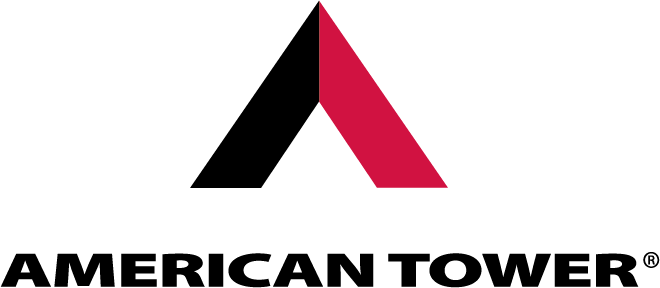Millions of Americans live, work, and play in Multiple Tenant Environment (MTE) buildings, such as apartments, condominiums, and office buildings.
To maximize consumer choice and promote competition, the Federal Communications Commission (FCC) regulates access to telecommunications, cable, and broadband services in these MTEs. The rules regulate agreements between the landlord and service providers, prohibiting certain anticompetitive arrangements. New rules were recently released, placing new obligations and restrictions on service providers in MTEs. This blog answers some common questions regarding the new FCC rules and how they apply.
Do the new FCC rules for competitive broadband access affect my rooftop or Distributed Antenna System (DAS) agreements with American Tower?
The new FCC rules do not apply to rooftop antenna installations and will not impact your agreement with American Tower for rooftop antenna installations. The rules also do not apply to agreements with neutral-host DAS providers, such as American Tower, who do not provide the actual communications service.
What do the new FCC rules mean for my building?
The actions you need to take depend on your current relationships with the companies that provide communications services to the building, but there are three main requirements:
-
Revenue sharing. You cannot enter into certain revenue-sharing agreements that could keep competitive communications service providers out of the building. This includes agreements that give you a higher percentage of revenues, as the provider gets more customers in the building, and agreements where only one provider can compensate you for access to building tenants.
This prohibition applies to both new and existing agreements. New revenue-sharing agreements must comply with the new rules as of April 27, 2022, and compliance regarding existing agreements is required as of September 26, 2022. See the FCC’s Public Notice for more information. -
Disclosure of Exclusive Marketing Arrangements. If a communications service provider has the right to exclusively market their services within your building, that provider must inform tenants about the existence of exclusive marketing arrangements and indicate that service may be available from other providers. This rule also applies to existing agreements. Providers must comply with the rules for new marketing agreements effective August 22, 2022 and existing agreements as of September 26, 2022. See the FCC’s Public Notice for more information.
-
No sale and lease-back arrangements in residential MTEs. In a residential MTE, you cannot buy a communications service provider’s wiring in the building and lease it back to them in an exclusive arrangement. If you are a residential MTE owner and have a sale-and-lease-back agreement with a communications service provider, you should consult with the inside wiring provider to ensure the arrangement complies with the new FCC rules.
For more insight into the FCC rules for MTEs, download the FCC compliance guide, Improving Competitive Broadband Access to Multiple Tenant Environments, or the FCC Consumer FAQ, Rules for Service Providers in Multiple Tenant Environments.
Is American Tower involved in these FCC rule changes?
We commented on the FCC’s proposal regarding MTEs to help encourage the FCC to not interfere with practices that increase competition within MTEs, such as neutral-host deployments. Examples of neutral-host deployments include DAS, which provide the platform for multiple mobile network operators to bring service into buildings.
Who can I talk to at American Tower about the situation and opportunities at my building?
Every building owner we work with has a dedicated account manager who’s ready to answer their questions and help them explore opportunities to generate additional revenue from telecom deployments.
To be connected with the account manager for your building, feel free to email me—Jay Standley—I'd be happy to put you in touch.


